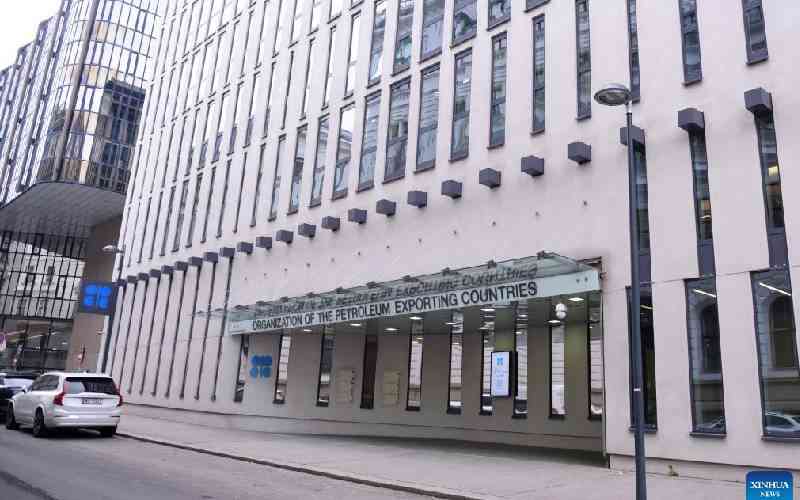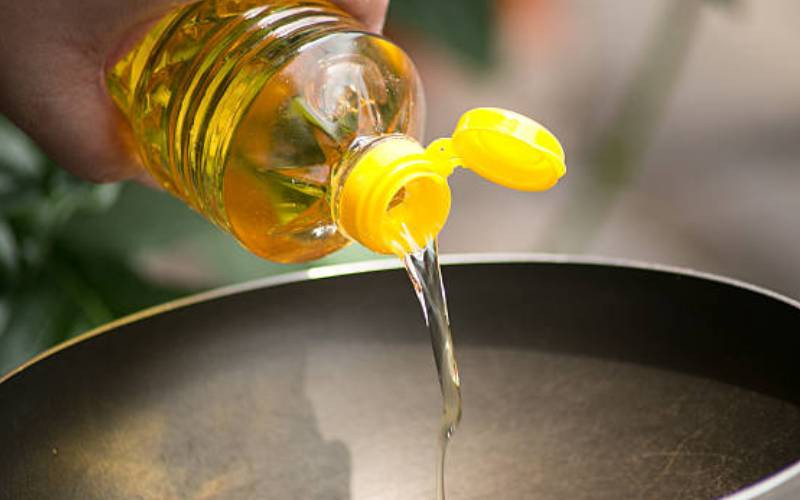
NAIROBI: The Government and oil marketers are reaping from the global fall in oil prices as consumers fail to gain from the drop, an expert has said.
Mohamed Wehliye, Senior Vice President Financial Risk Management of Saudi Arabian based Riyad Bank said there is an almost perfect positive correlation between prices of crude oil and refined products and consumers should be feeling it now. When the Government increased taxes, the oil marketing companies were handed hefty profit margins. Oil slumped to below $28 (Sh2,868.60) a barrel in early morning trade on Monday - its lowest level since September 2003.
After the Energy Regulatory Commission (ERC) released the maximum retail prices that will be in place until February 14, a section of Kenyans termed it a ‘pricing scam’. Wehliye’s position appears to cement this view. Relying on the diagrammatic expression of the components of the pump price and how it has changed since August 2014 as was provided by ERC, Wehliye says super petrol should be retailing for Sh80 or below a litre.
However, this position differs from that held by ERC Director General Joseph Ng’ang’a. “The Sh48.15 cannot change irrespective of changes in the prices of crude oil. The fact is that the changes in international prices can only affect a portion of our retail prices,” says Ng’ang’a.
Since August 2014 to December 2015, landed cost of super petrol reduced by 43.35 per cent but Wehliye says that had government “not taken a small chunk of the drop in prices,” the drop would have been by 50 per cent.
Going by November last year’s average price per barrel at $43.11 (Sh4,416.62), he says that the 57 per cent drop from $100.05 (Sh10,250.12) in August 2014 does not fully reflect at the pump. “A 7 per cent drop in product price is therefore not being passed through. The 7 per cent on Sh116 in August 2014 price translates to approximately Sh8 per litre, meaning super should be costing around Sh80 or less,” argues Wehliye.
Further, he says that ERC’s argument that Kenya imports refined products and that it is based on Platt Index cannot stand. He says this index is perfectly positively correlated with the price of crude oil.
According to ERC boss, all the benefits that have been passed to the consumer- a position he supports with international Monetary Fund report that Kenya is among the five countries in Africa whose prices are reflective of the market.
Despite the shilling having shed about 15 per to the US dollar between August 2014 to December last year, Wehliye says the landed cost already factored that in and ERC cannot therefore peg the marginal drop in prices on that.
“This means the Sh8 per litre is not going to Government or the public but the marketers as it is hidden in the landed cost. Gross margin per litre for the marketers is therefore not the regulated Sh11 but approximately Sh18,” concludes Wehliye.
However, Ng’ang’a disputed any form of collusion between the regulator and the 72 oil marketing companies. “I challenge anyone who thinks that oil companies are making a lot of money to buy shares. Their money only comes from the high sales volumes,” said Ng’ang’a, adding that the companies are even pushing for an upward review of the Sh11.18 sales margin.
 The Standard Group Plc is a
multi-media organization with investments in media platforms spanning newspaper
print operations, television, radio broadcasting, digital and online services. The
Standard Group is recognized as a leading multi-media house in Kenya with a key
influence in matters of national and international interest.
The Standard Group Plc is a
multi-media organization with investments in media platforms spanning newspaper
print operations, television, radio broadcasting, digital and online services. The
Standard Group is recognized as a leading multi-media house in Kenya with a key
influence in matters of national and international interest.
 The Standard Group Plc is a
multi-media organization with investments in media platforms spanning newspaper
print operations, television, radio broadcasting, digital and online services. The
Standard Group is recognized as a leading multi-media house in Kenya with a key
influence in matters of national and international interest.
The Standard Group Plc is a
multi-media organization with investments in media platforms spanning newspaper
print operations, television, radio broadcasting, digital and online services. The
Standard Group is recognized as a leading multi-media house in Kenya with a key
influence in matters of national and international interest.









